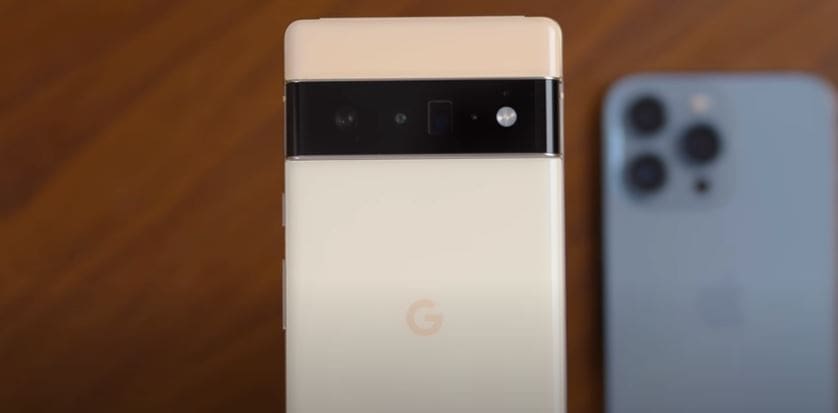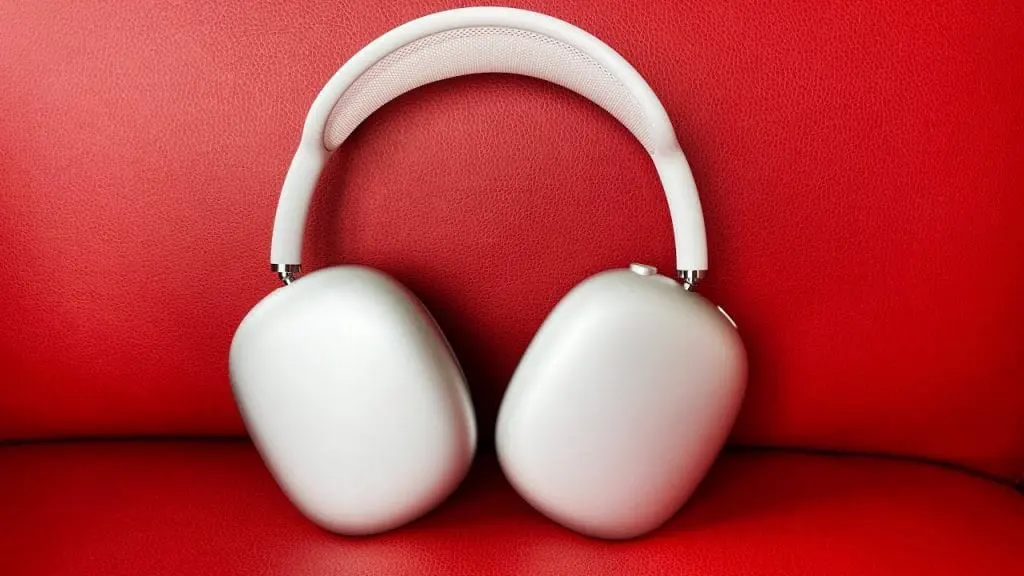When you open an app, your Android device uses temporary data saved in cache files to rapidly access important information. Spotify, for example, may save your most-used playlists so you don’t have to reload them every time you access them. Google Chrome may save a huge image on a site that you frequently visit so that you don’t have to download it every time you visit. A cache file is solely beneficial for the software that it is connected with; Spotify, for example, has no use for Instagram’s cache.
When an application determines that the temporary data it has saved is no longer useful, it frequently deletes the cache files that hold it. Cache files are used by apps, websites, and games to improve the user experience. Cache is a feature of web browsers and other apps, in addition to your Android phone.
Clean Your Android’s Cache To Boost Speed
Your system will have to reload pictures and other stuff every time you use it if you don’t use caching, which is wasteful. The stored information that apps produce on a daily basis to operate at their best is often overlooked. Caches are temporary data files that can take up a lot of storage space on your Android phone. Let’s look at what temporary app files are and how to delete them on Android.
The app cache functions similarly to the browser cache. Small pieces of information are collected to help you get the most out of the program. However, there are situations when an app will abruptly cease or stop functioning. Data storage issues might be to blame. Cache clearing is a quick and straightforward technique to free up space and (hopefully) stop an app from behaving badly. App data, such as account information, is not deleted when the cache is cleared.



